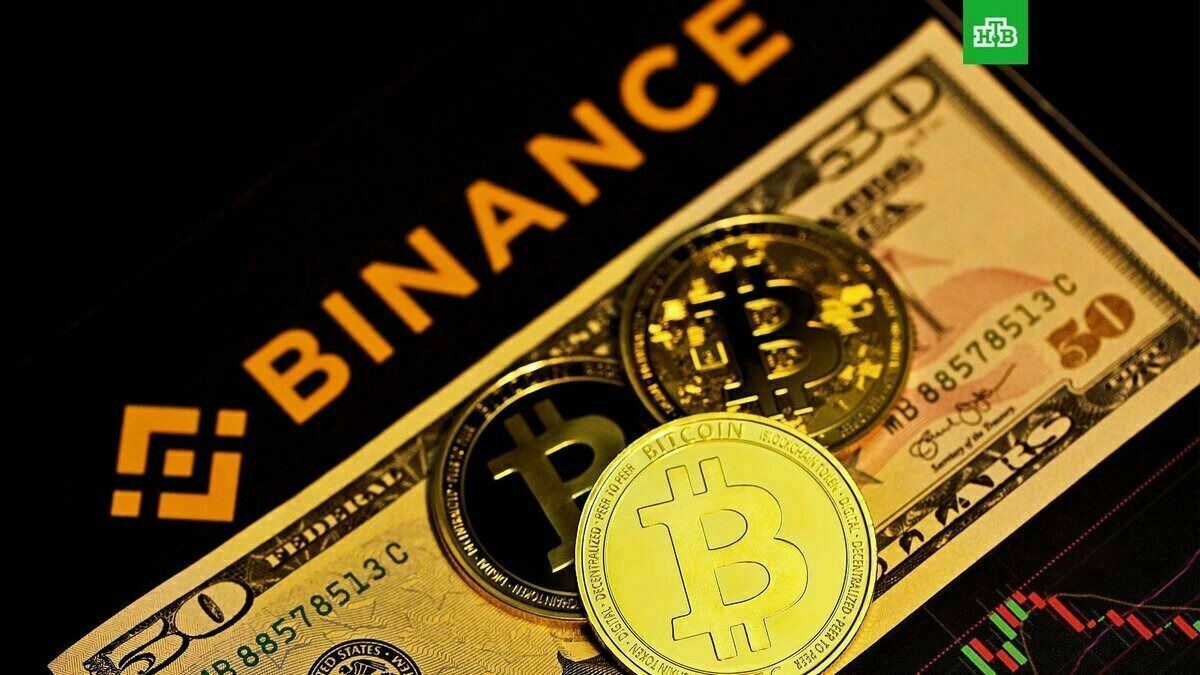Posted 13 марта 2023, 13:22
Published 13 марта 2023, 13:22
Modified 13 марта 2023, 13:35
Updated 13 марта 2023, 13:35

Enough om mining! Cryptocurrencies are becoming inaccessible to Russians
Ivan Zubov
As the media and social networks have already reported last week, the world's largest crypto exchange Binance has completely banned the purchase, sale of dollars and euros, as well as P2P transfers, for Russians and persons living in the Russian Federation, and the purchase of Russian rubles for EU citizens.
This means that this exchange, which, by the way, is under Chinese jurisdiction, becomes completely useless for Russians who do not have a foreign bank account and a second citizenship outside the EU, since P2P transfers (exchange of cryptocurrencies for fiat currency with subsequent transfer to a bank card or electronic wallet between individuals persons) are the main way to convert cryptocurrencies into rubles.
But this is exactly how Russian specialists who continue to work for foreign companies, or people who left Russia, but retained remote earnings in it, received payment. In addition, Russians also buy real estate abroad for the crypt.
The management of the crypto exchange made this decision after Reuters published a report that Binance was helping Iran to circumvent US sanctions: the Iranian crypto exchange Nobitex recommends transferring funds to other countries through Tron and Binance. The journalists also found $8 billion worth of transactions bypassing sanctions. It is possible that in the future Binance will refuse to work with Russian clients at all and freeze their accounts, as Coinbase, Qmall, Kuna did before, experts of the Kremlнщмылн Mamkoved channel believe.
Meanwhile, the gradual closure of the world of cryptocurrencies for our citizens can greatly complicate not only the lives of ordinary Russians, but also the foreign trade activities of the whole country, experts predict. The export of goods for cryptocurrencies was supposed to become an important part of foreign trade activities in the context of sanctions restrictions and problems with cross-border money transfers. But Elvira Nabiullina was able to achieve a ban on the legal exchange of cryptocurrencies for rubles or other currency on the territory of Russia. The bill on the legalization of cryptocurrencies for foreign trade, which was approved by the Central Bank last year, implies the sale of crypto assets exclusively outside the Russian Federation. Now there are fewer and fewer opportunities for trading with crypto payments.
And it is unlikely that Binance, as the largest crypto exchange with Asian roots, will resist anti-Russian sanctions. It is extremely important for management to maintain a good relationship with the U.S. Securities and Exchange Commission (SEC). FTX experience shows that otherwise the case may end in arrest. Binance understands this perfectly well: in 2018, the management even tried to hire the head of the SEC, Gary Gensler, as an adviser.